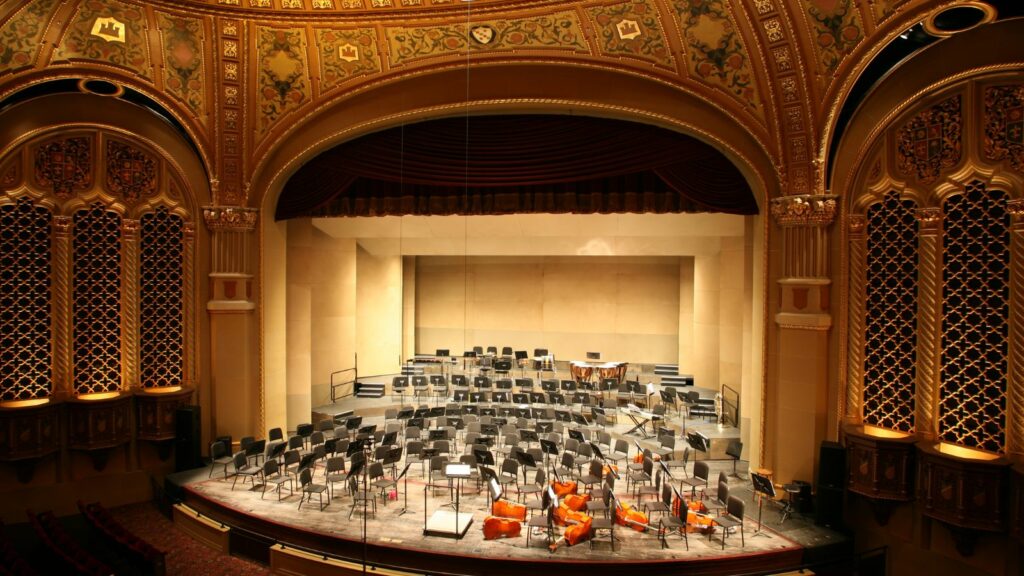Dive into the world of Wolfgang Amadeus Mozart, a prodigy whose compositions continue to resonate through the ages. His genius didn’t discriminate among genres, and he left an indelible mark on each one he touched. This article select all the genres of instrumental music at which Mozart excelled.
Select All The Genres of Instrumental Music at Which Mozart Excelled.
Engaging deeply with select all the genres of instrumental music at which Mozart excelled. This requires grasping the scope of his impact. This section will decode the narratives woven into his music, offering insights into his paradigm-altering contributions that still resonate today.

Mozart’s compositional method stood unrivaled in his time. His innovative use of form, genre, and harmonic structure set a precedent that heralded a new era in music composition. For instance, he combined the concerto and symphony genre to create symphony-concertos that broke conventional molds, such as his Symphony No. 41, known as “Jupiter.”
Mozart’s career, punctuated with defining milestones, shaped his musical style, impacting instrumental music acutely. His appointment in 1773 as the court musician in Salzburg marked one such key moment. It’s during this period he composed some of his most famous symphonies like Symphony No. 25.
Influence of Musical Genres on Mozart’s Style
Innovations in Instrumental Music Techniques
Mozart, a maestro in a true sense, used his inventiveness to revolutionize instrumental music techniques. His instrumental pieces exhibit an intricate blend of form, genre, and harmonic structure. For instance, his Symphony No. 41, universally known as “Jupiter,” exemplifies his pioneering strategy of merging concertos with symphonies, thereby birthing symphony-concertos.
Mozart crafted a balanced dialogue between orchestral sections, adding depth and dimension. He wasn’t averse to breaking conventional patterns; harmonic shock, unexpected key changes, and complex contrapuntal structures were all hallmarks of his innovative approach.
Relationship Between Mozart’s Music and the Viennese Classical School

Positioned at the center of European cultural activity, Vienna, the capital city of Austria, greatly influenced Mozart’s musical journey. Mozart’s relocation to Vienna in 1781 opened doors for an intimate exposure to the Viennese Classical School. This exposure proved influential, leading to a distinct transformation of his compositional style. His works began to reflect the trademarks of the Viennese Classical aesthetic, such as balanced phrases, clear harmonic structures, and memorable melodies.
Furthermore, Mozart’s compositions, most notably the Piano Sonata No. 11, cemented the significance of instrumental music within the Viennese Classical School. Most pivotally, his masterworks, showcased a symbiotic relationship with the Viennese tradition and his individual creative genius. That relationship ensured the sustenance of his works’ popularity, effectively bridging the baroque and modern era of music.
The Lasting Legacy of Mozart’s Instrumental Music
Mozart’s Influence on Subsequent Composers
Mozart’s exceptional talent in composing instrumental music has not only shaped his time but continues to be a yardstick for subsequent composers. Incorporating elements of form, harmonic structure, and genre, he created a unique paradigm in classical music. His monumental works, including Symphony No. 41, also known as “Jupiter,” are valuable sources of inspiration and study for music composers even today.Modern Reception and Performances of Mozart’s Work

In the contemporary music world, Mozart’s instrumental compositions continue to be highly revered and frequently performed. His exquisite symphonies, sonatas, and quartets not only stand as signatures of a past era but also continue to be vital repertoire of orchestras and musicians around the globe.
There are numerous instances of orchestras taking Mozart’s genius to their audiences. For example, The Vienna Philharmonic Orchestra regularly stages performances of Mozart’s symphonies, while internationally acclaimed pianists like Mitsuko Uchida have built an illustrious career on the back of Mozart’s piano compositions, illustrating the enduring global appeal of Mozart’s instrumental works.
Innovative Compositions
Select all the genres of instrumental music at which Mozart excelled. Mozart’s genius in instrumental music has been well-documented through his innovative compositions across different genres. His ability to blend symphony and concerto, as seen in his Symphony No. 41, set a new precedent in music. His move to Vienna further solidified his influence, allowing him to engage deeply with the Viennese Classical aesthetic.



